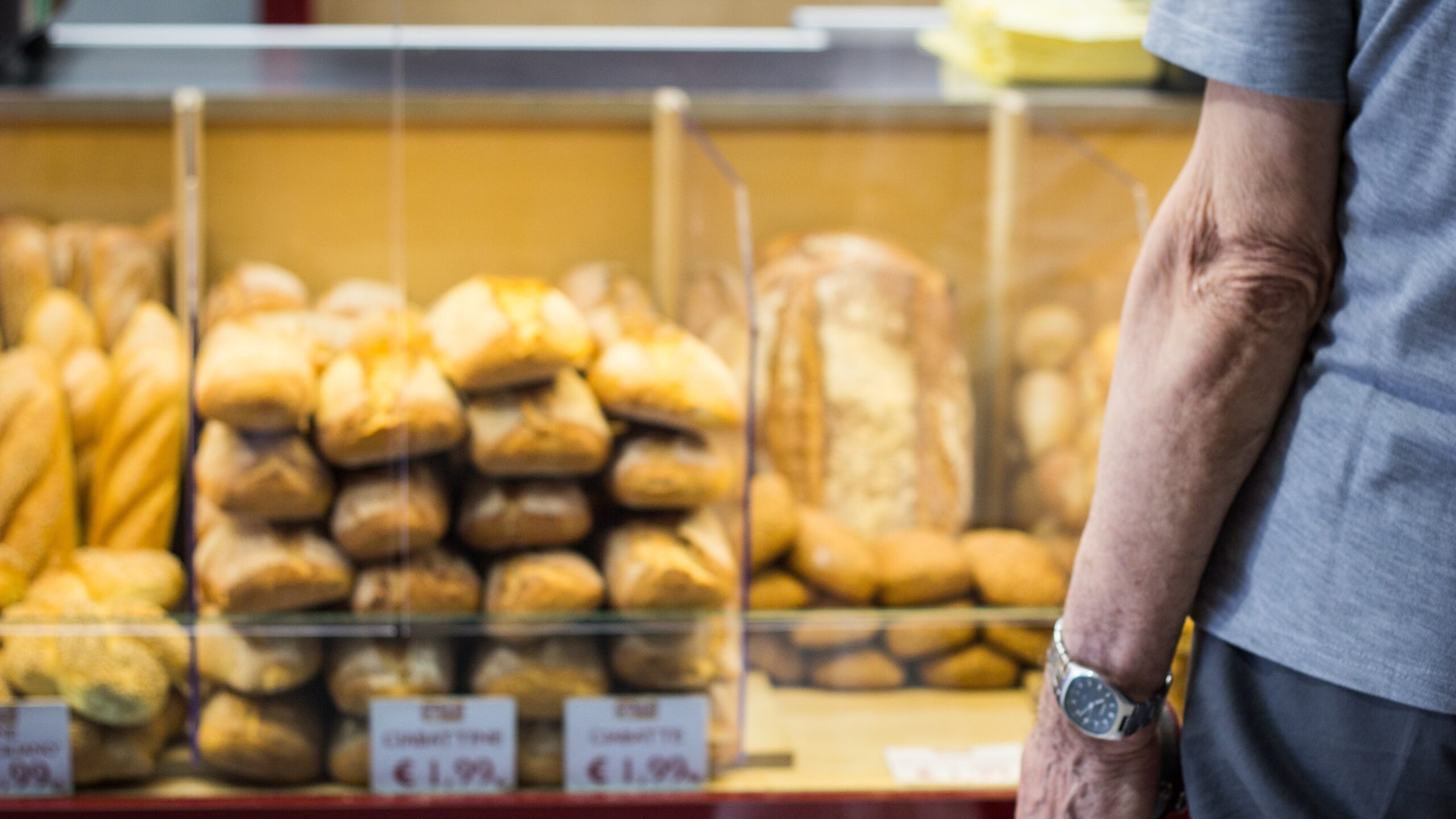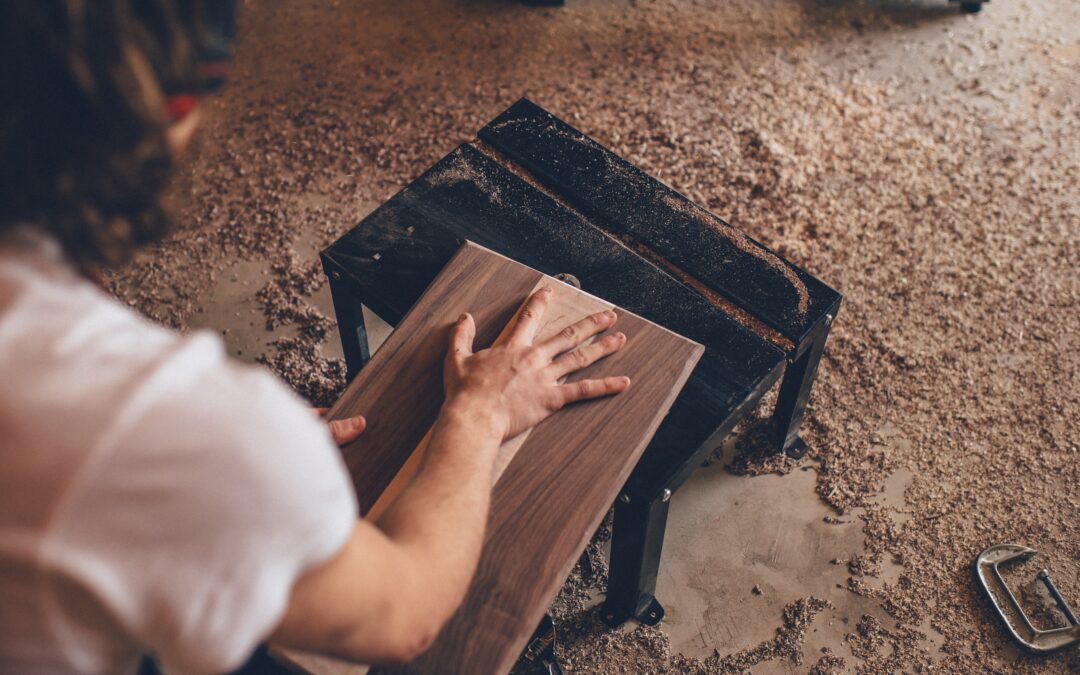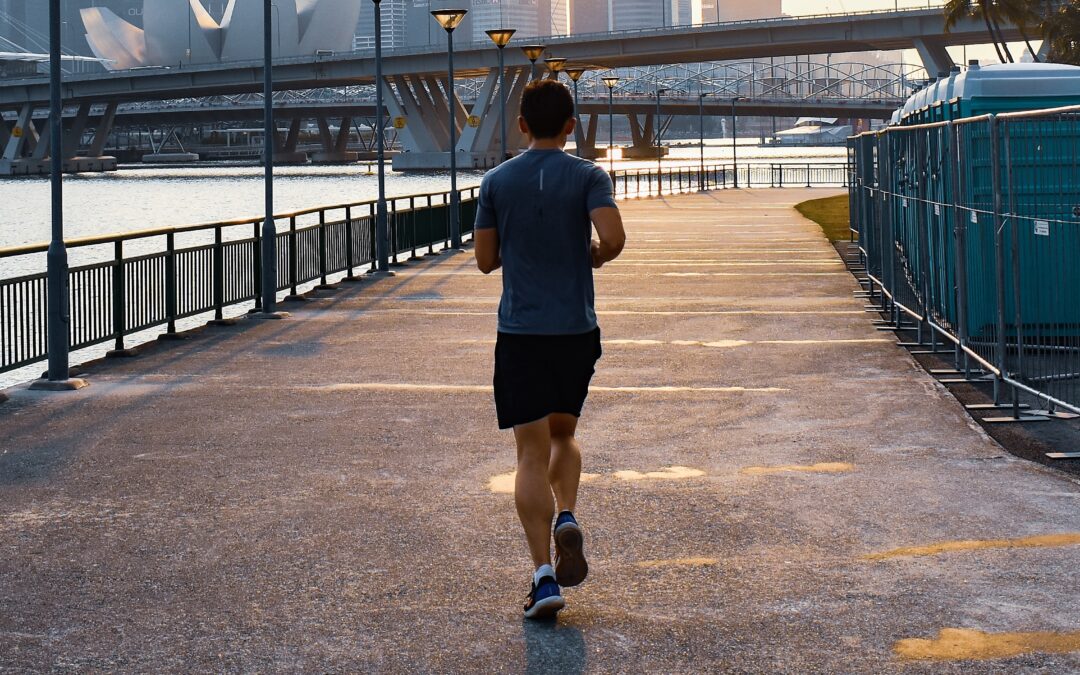Covid-19 saw an outpouring of community-led support in which 9 million ‘volunteers’ stepped forward to help out. As part of our Active Neighbours work, we’ve been interviewing people to uncover the stories behind the statistics. Here, we present Elizabeth’s story.

Work and social life
Elizabeth works as a freelance business consultant and project manager. She largely works remotely and flexibly on a project basis, so has lots of flexibility and was in some ways well prepared for the pandemic. She thinks working this way often leads to a more efficient use of time, for example in being able to schedule meetings more easily without the need for travel. She does recognise it can bring pressure on people through the blurring of personal and work lives.
In her spare time, Elizabeth lives a fairly relaxed but social life. She regularly attends the synagogue on Fridays and Saturdays and has friendships through the Jewish community. She goes to the cinema regularly, takes walks on weekends and enjoys reading and watching TV (sometimes while she knits).
Attitudes to British Citizenship
Elizabeth sees good citizenship as having a strong sense of community and caring for and being aware of others. She continues:
“And getting out of your own comfort zone a bit … empathy more than sympathy was somebody else’s phrase … trying to help people out not just because they are like you or because they’ve been through what you’ve been through, but because they just need a bit of help. That to me is what citizenship and community are about.”
She feels there are pockets of good citizenship in the UK, especially in faith, interfaith and rural areas. There are some in town too, and online citizenship has become increasingly important, but she doesn’t see much pulling together at the national level.
History of volunteering
Much of Elizabeth’s pre-Covid volunteering stems from her involvement in the Jewish community. Indeed, she says most of her friends are also doing bits and pieces. “Certainly among my close group of friends, yes, people will do stuff for others and not really think about it too much,” she says.
Before Covid, Elizabeth had volunteered for a blood donation group for around 20 years. She is a blood donor and a stem cell donor. The group hosts donation sessions three times per year.
They are very much community and social occasions with teas, child care, a car park and lots of general socialising.
Elizabeth has also volunteered on the group’s committee, raising money for the hospital respite care rooms, where kids can go and play and relax when they’re not needed. Similarly, she’s helped out with other charity fundraisers – including quiz nights and funding for desert irrigation in Israel – on a more ad hoc basis.
Beyond these more formal activities, Elizabeth also regularly helps friends and neighbours here and there… Every winter, for instance, she phones a few elderly people each week to check they are ok in the icy conditions.
Pandemic
The first lockdown was tough for Elizabeth and the household.
Her husband is an optometrist, which means he can’t work remotely. He didn’t like being at home, even when he had some digital training to do; it’s just not how he likes to work. Though Elizabeth is comfortable working remotely, it’s not her preference to do everything over Zoom either. Although they have enough space to work separately, both being stuck at home created some tension.
This was exacerbated by financial concerns. Elizabeth’s work dried up during the first lockdown, and she fell into the group of around three million people not supported by the furlough scheme.
Although her husband could eventually get support, this made their finances very tight and stressful for a time.
There were other personal challenges. Elizabeth and her husband put on a bit of weight during the lockdown. They also had friends who were often very ill, although thankfully they all recovered.
Ultimately, her husband going back to work with PPE and getting project work back has helped Elizabeth.
Volunteering during Covid
Elizabeth has spent more time volunteering through lockdown, although not by much. This is a combination of pre-existing activity continuing in some form and new activity.
The blood donation has continued, although sessions are much more limited and not as social, which is a shame. Similarly, Elizabeth still calls local elderly people, although now in the name of Covid rather than icy conditions. Thankfully she has found that most people she calls do have some help to hand.
Elizabeth has started supporting local bakeries, and her neighbours, by delivering Sabbath breads and pooling neighbours’ orders so only one person has to go out. This has turned into a weekly errand.
As a keen knitter and crocheter, Elizabeth has been involved with producing ear protectors that hook onto people’s Covid masks. There is not as much demand now as anticipated, but orders are still coming in and she enjoys collaborating to produce them.
Beyond this, Elizabeth keeps up with the “normal run of the mill things” she does to help friends and neighbours, like extra shopping.
Motivations
Elizabeth has largely been involved with activities that stem from the communities she’s a part of and that fit into her routine. “I think it’s because they are an extension of things I’ve done before,” she says.
For this reason, the bread delivery “was easy,” she says. It was also “blindingly obvious” given the time they save simply by coordinating. Similarly, her support calls to elderly people have come about through the community.
She joined the blood donation group because of personal events that had caused her to become interested in blood donation. She then met others in a similar position and her involvement grew out of those interactions and experiences. Given it’s easy to do, ethical and not a big time commitment, it makes sense.
Elizabeth feels her communal way of thinking, stemming largely from her faith group, has led to her volunteering, rather than the volunteering changing her thinking in this way.
She adds that the stuff she helps with isn’t particularly onerous, although she would consider providing more involved help for close friends. She avoids potential concerns around people paying her back because she knows the people she supports.
Challenges
There haven’t really been any major challenges while volunteering. There have been some minor logistical bits, certainly – but her activity has mostly been hyperlocal, so this hasn’t been a major concern.
She also cites a slight concern that, when calling elderly folk, she wouldn’t be able to easily determine their needs or keep the conversation going. But this hasn’t really happened. That said, she would have liked a central hub to relay concerns during these calls. She felt a “lack of bringing it back into the centre,” which could have been difficult had she encountered any major problems during the calls.
Benefits
Elizabeth cites a number of benefits to her volunteering, largely relating to community spirit and relationships. “I’ve definitely got to know a few people I didn’t really know before,” she says. “I think the community side has got stronger and better.” She welcomes this shift, even if there will always be a minority that doesn’t get it.
She also sees new forms of interaction. “The community itself is doing lots of stuff online, which is great for a lot of people,” she says. But she does think this could potentially exclude those with little access to technology, mostly elderly people.
Overall Elizabeth detects more forgiveness, flexibility and understanding in the air, which is good. It’s not universal but is noticeable. Similarly, she feels people are now more willing to ask for help when they need it. Covid has brought permission:
“There are some who find it difficult to ask and it’s been made easier … maybe for a lot of people it’s got easier to say to someone ‘please, do you mind?’’
She thinks it’s difficult to tell whether the county council has improved, though she does think some social activity relating to the council has increased, which is welcome. Commercially, although many businesses are struggling, she thinks this has engendered a deeper appreciation of and support for local independent businesses, which she also welcomes.
Overall Elizabeth is pleased she’s done stuff to help and that people are grateful.
Looking to the future
Looking forward, Elizabeth would like to continue with her current activities, but with the blood donation group returning to its usual cycle of sociable activities.
Beyond the formal activity, she wants to retain the little elements of neighbourly coordination that have increased during Covid. She recognises this will likely be on a smaller scale, and rooted less explicitly in need.
The main factor to allow her to continue would be to maintain the flexibility of remote, project-based work. If she has to travel a lot, it would make things harder. But she doesn’t envisage this changing, even if the odd project requires some stints away. A bigger challenge is getting her workload right: not too much so she struggles for time, but not too little that she’s worried financially. This balance can be tricky as a self-employed person, with the tendency to say yes to everything that can bring.
This story sits within our Active Neighbours work. To find out more about the different types of Covid volunteer, their motivations, experiences and needs, take a look at our Field Guide.
Read more

Active Neighbours – Rachel
“What I love about what I do is the honesty of people and the kindness and how grateful the people are. It’s not about flash cars, it’s not about big houses – it’s literally just about spending time with people and having a bit of fun.”

Active Neighbours – Nick
“I saw that there was an NHS Responder app. I saw that, and […] I just wanted to get involved and kind of help out and do what I could – because I saw the NHS and all the lengths that everyone was going to […] And I saw quite a few community efforts on Facebook and I thought it was something I could do to help out with.”
